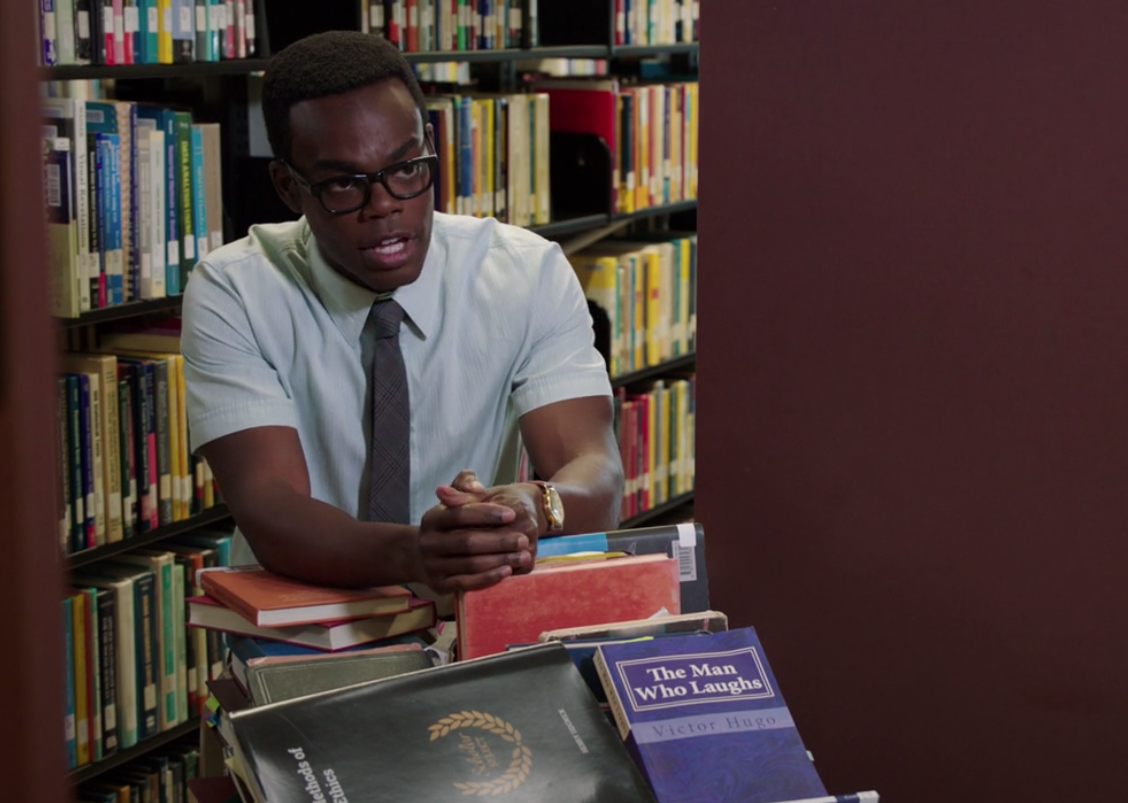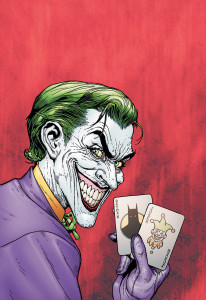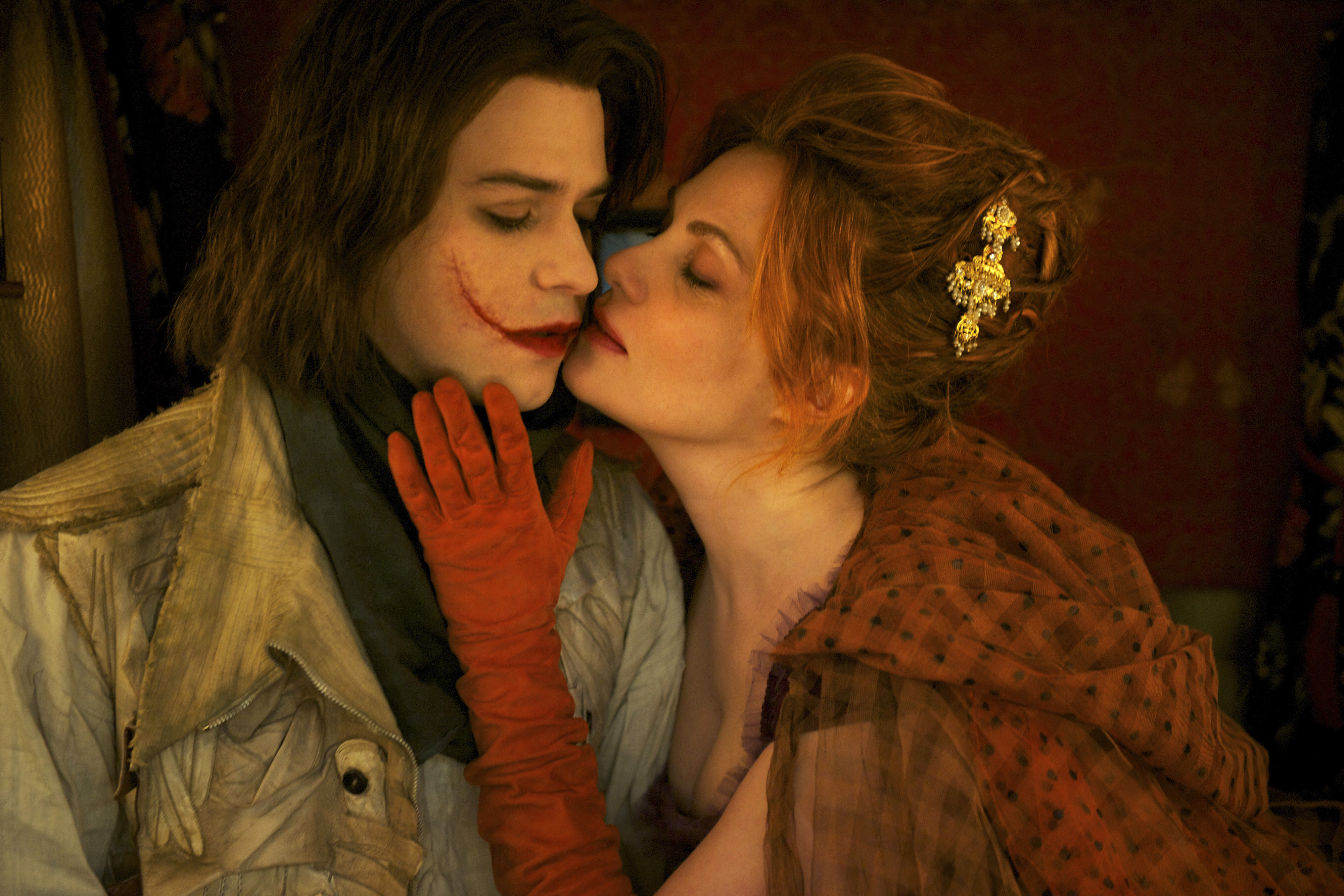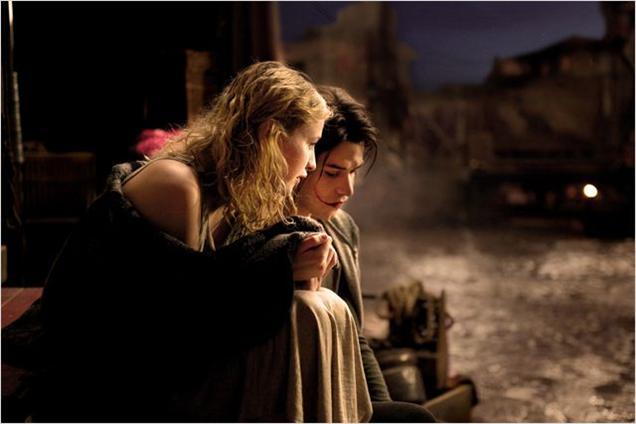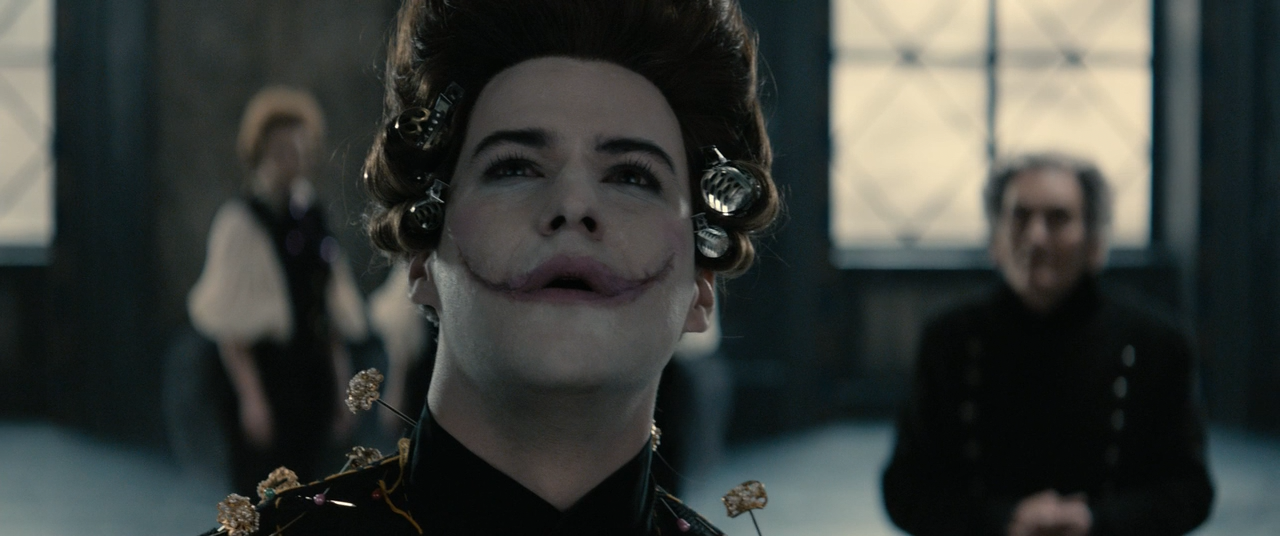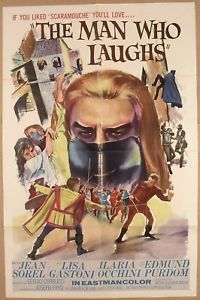The Man who Laughs Part II: Book 9; In Ruins
&
The Man who Laughs Part II: Conclusion: The Night and the Sea
I was going to talk about the ninth part and the conclusion separately but to heck with that, I’m so happy to be done with this book. Seriously this book was like some kind of life-sucking monster only more boring.
So what happens at the end? If I said not much would be you surprised? Gwynplaine goes full on emo and almost kills himself as his family is gone and his former life. I did like this part because it was very Hugo, it was like reading a Frollo chapter which I find a delightful combination of beautiful and hilarious. They are lovely proses but read them out loud and it is so melodramatic.
So Gwynplaine is about to kill himself when Homo licks his hand. Homo leads him to Ursus and Dea. Dea is dying because Gwynplaine is not there. However when Gwynplaine presents himself to Dea, she dies anyway because she is too happy or something. Ok, what the shit? This makes no fucking sense. Tragic it is but fuck it, Hugo just wanted a tragic ending. Oh and then Gwynplaine kills himself. Whatever I don’t care really.
I get that this story is more thematic than story or characters or a plot. It’s more a tale of society and its outlook on wealth, customs and humanity. It’s art more than entertainment and more stylistic of the times it was written in, I get it.
HOWEVER it’s still a story, I have to make a sense of it.
Basically the plot goes that King had noble child kidnapped, disfigured, and left to die but then he is adopted with a blind infant to a wise curmudgeon and his sensitive wolf. The boy grows up and is in an ethereal love with the blind girl and is both revered and mocked for his laughing face but it’s cool because he has love. And then in the MOTHER of all coincidence some old jerky guy working at the palace who wants to piss off a hot noble chick just so happens to find evidence that the disfigure guy is a noble and should marry the lady who he wanted to piss off and has a thing for disfigure guy. So they make him a peer but since rich people suck and don’t get it, the disfigure peaces out and finds his love dying and then he dies. WHY?
I wish Hugo had taken more time in the story to get us emotionally connected to the characters. The most I can say about Dea is that she innocent and ethereal. I don’t really doubt her love for Gwynplaine but I didn’t feel anything when she died because Hugo likes sad endings but for an ending to be sad you need an emotional connection.
More than there was no other closure with Josiana who was big player in this story. All there was like a “fine, whatever” on her end and it was in the form of a letter. And just to make me a little more bewilder, the events of the story proper, are like two days, tops. So in the course of two days Gwynplaine says he will be a peer, leave and Dea dying. Just because it’s a thematic story with meaning doesn’t mean you can’t have good characters. So while I don’t know much about the characters of this story I know shit tons about how storms start at sea and the British Peerage System, Classic Fucking Entertainment.
Nope, I didn’t like this story, nooooooope maybe the movies will be better at least they can’t describe the storm at sea as much a Hugo did.
